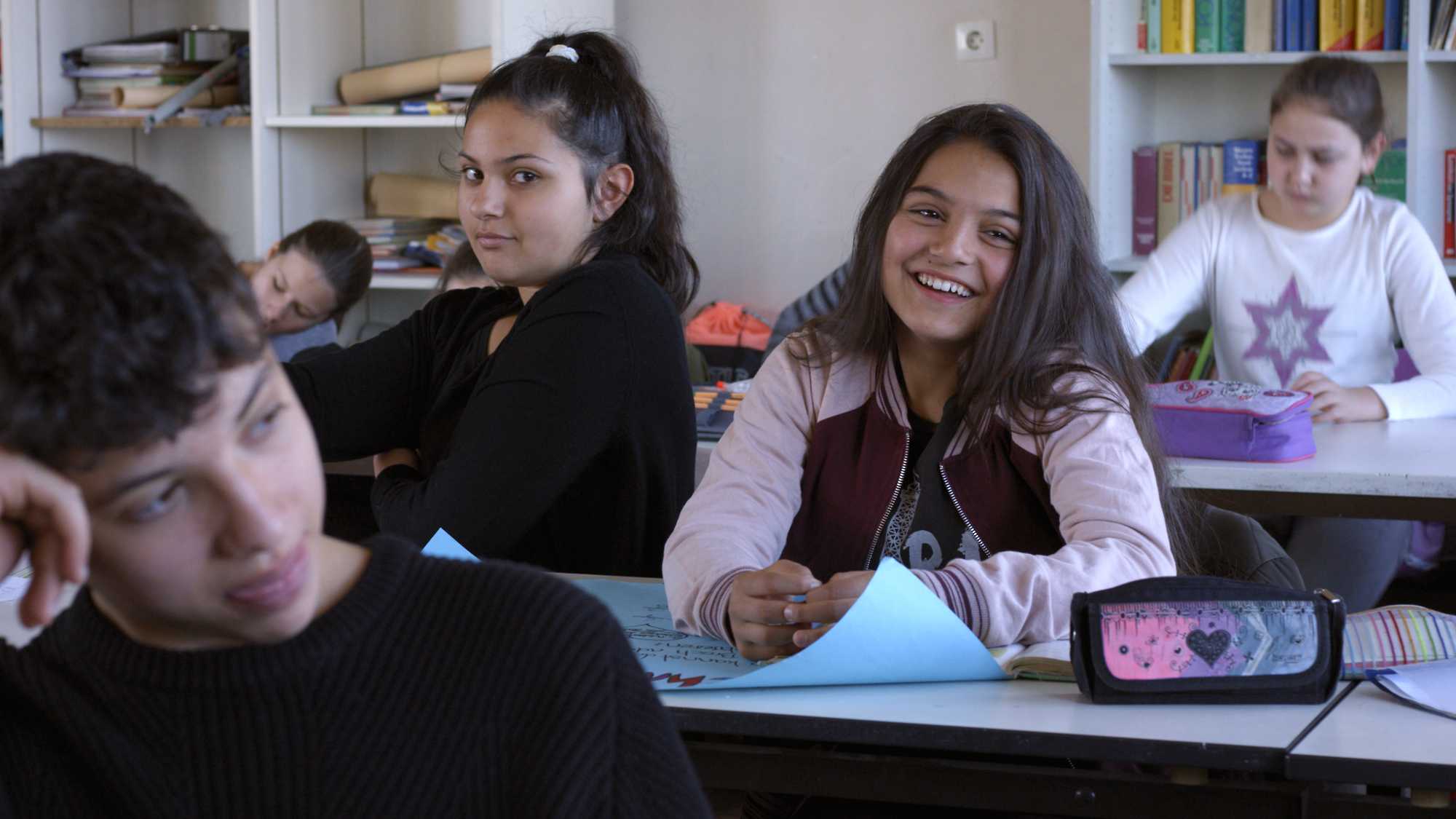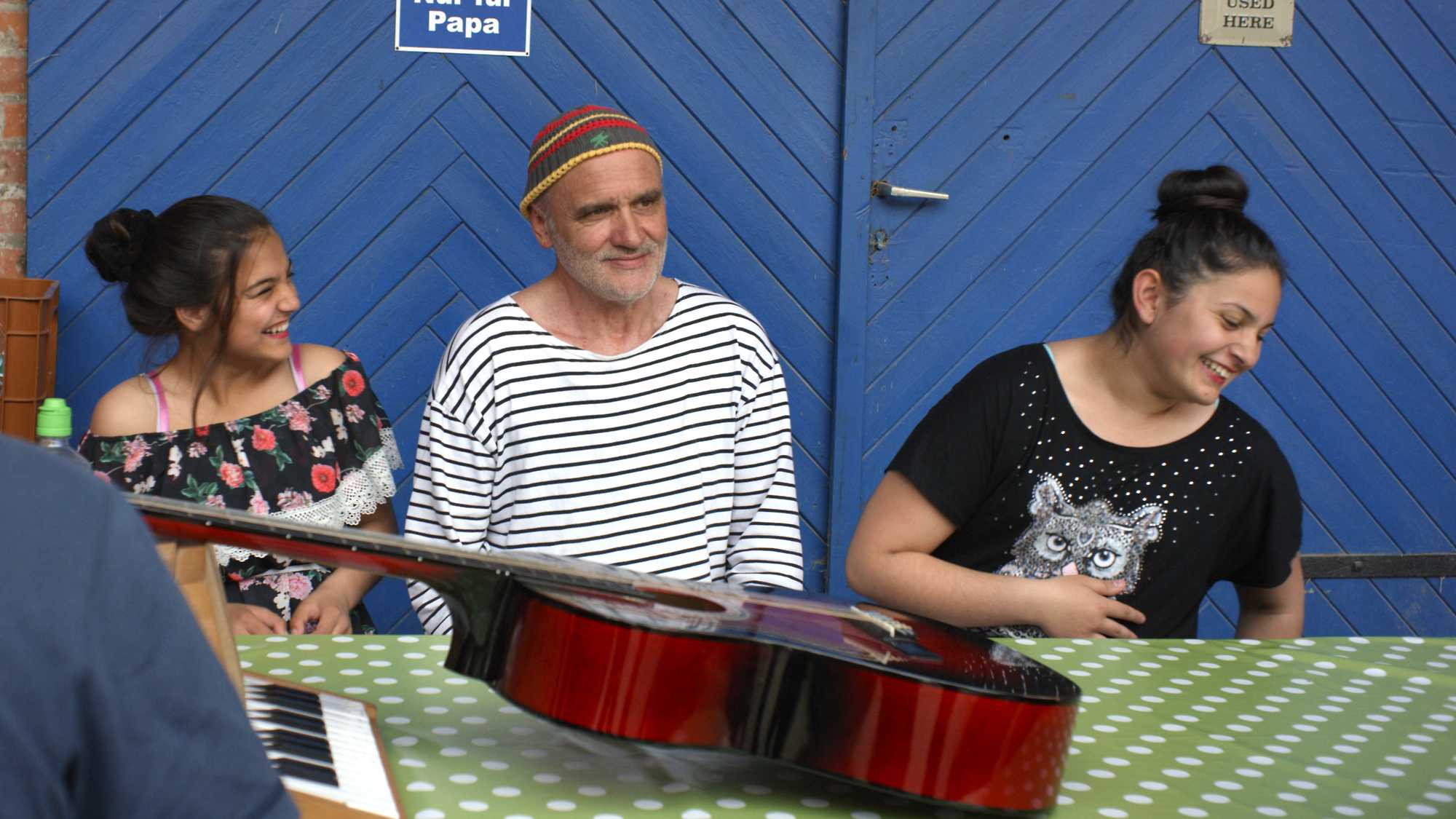The inspiring story of one teacher making a difference in the lives of migrant children in rural Germany, Maria Speth’s absorbing documentary took the Silver Bear at Berlin 2021.


%20Madonnen%20Film%20(6)-800-800-450-450-crop-fill.jpg?k=889ae91167)
Maria Speth’s affectionate and inspiring portrait of an affectionate and inspiring man.
Screened as part of NZIFF 2021
Mr Bachmann and His Class 2021
Herr Bachmann und seine Klasse
| Nov 13 |
| ||
| Nov 21 |
|
Dieter Bachmann teaches music and maths, and whatever else might be required, in the small German town of Stadtallendorf. Although the photogenic, bucolic setting seems like a throwback to simpler times, his class is anything but. The children are all from immigrant families who have settled here to work in the local factory. They come from all over: Turkey, Morocco, Bulgaria, Kazakhstan, Brazil, Russia, Sardinia. Some have fled persecution or destitution; some have almost no German. Nevertheless, Mr Bachmann slowly and patiently forges a bond with each student through understanding, engagement and validation. And the dumb, timeless power of “Smoke on the Water”.
Director Maria Speth won the Silver Bear at the 2021 Berlin Film Festival for this absorbing observational documentary in the style of Frederick Wiseman and Nicolas Philibert (this film could be seen as a sequel, of sorts, to Philibert’s exquisite documentary, To Be and To Have NZIFF 2002). The film is absorbing, rich and subtle. The nuances of shifting relationships are allowed to breathe as we move through the seasons of a year, and the history of the town, with its long-term reliance of migrant labour (including forced labour during the Nazi regime), gradually emerges to provide a historical context for the current generations. This is an assured, inspiring portrait of a micro-community forged from unlikely components and of the dedicated professional who made it happen: in the words of a parent, “a good, emotional teacher”. — Andrew Langridge
